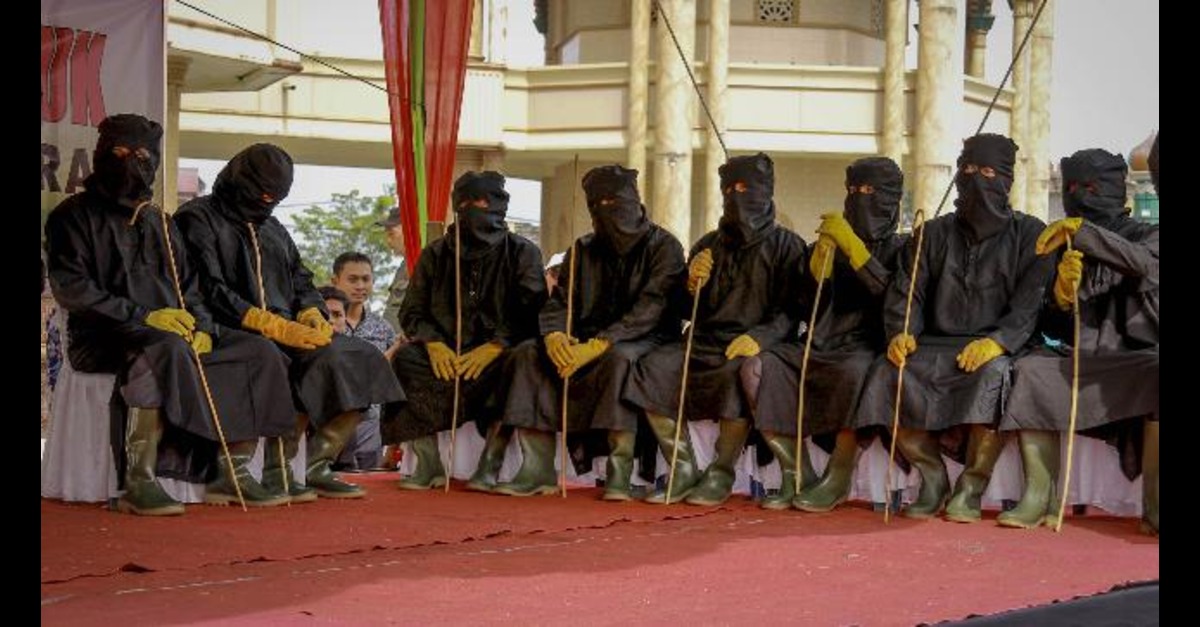INTRODUCTION
Since the Constitution guarantees a single legal system within its secular framework, only courts established by law—such as civil, criminal, and family courts—have the power to render legally binding decisions in India. Sharia courts, also known as Dar-ul-Qaza, were founded by Muslim organizations to resolve private disputes within society under Islamic law. In contrast to regular courts, these organizations do not have the legislative authority to carry out their decisions under Indian law, even if their goal is to provide mutually consenting mediation or arbitration.
In several rulings by the Indian Supreme Court, it has been clarified that fatwas or Sharia courts’ directives are not legally binding. Any individual who disagrees in any way with their jurisdiction can be subjected to their own will or have any such law overruled through their authority. India’s legal structure ensures every person can pursue remedies in formal courts, irrespective of faith. This thereby makes sure that parallel judicial power isn’t abused, as it would compromise the equality, the justice, as well as the personal freedom that the Constitution guarantees.
BACKGROUND
Based on Islamic jurisprudence, sharia courts, also known as Dar-ul-Qaza, have been operating in India as unofficial organizations within the Muslim community, largely for the settlement of private as well as family matters like marriage, divorce, inheritance, also maintenance. Statutory legislation does not at all create these particular organizations. These organizations are usually under the supervision of religious professors. They function as the idea about voluntary submission dictates, since both parties must consent for the Sharia authority to resolve their disagreement. Since they aim to steer conduct in conformity to Islamic principles, they then decide on fatwas, which judge or command religiously.
The question raised about the legitimacy of the judgments given by the Sharia court led to national tension. As it was deemed to be violative of individual rights. The Supreme Court in the VISHWA LOCHAN MADAN case held that the Sharia court lacks legitimacy of delivering judgment as there can be no other judicial system established parallel lot one established by the law .
KEY PROVISIONS
- ARTICLE 21 -RIGHT TO LIFE AND PERSONAL LIBERTY
- ARTICLE 25- FREEDOM OF RELIGION
- INDIAN PENAL CODE
- CODE OF CIVIL PROCEDURE
- CODE OF CRIMINAL PROCEDURE
- ARTICLE 14- RIGHT TO EQUALITY
RECENT DEVELOPMENT
The court held that any court not recognized by Indian law is not empowered to give a judgment, and even if it delivers its judgment will not be legally enforceable under the law as it lacks legal enforceability. So, any judgments given by the SHARIA COURT, COURT OF KAZI, and DARUK QAZA. The court also reacknowledged that the only judicial system operative is the one established by the constitution of India and the Indian laws, and only these courts have the power to give a legally binding judgement.
The people still have an option to resolve their dispute by using the religious methods, but any binding judgment can only be given by the legally established courts. This position is constant with the Court’s decision in Vishwa Lochan Madan v. Union of India, which maintained that Sharia court rulings and fatwas are not recognized under the nation’s constitution. This ensured people that regardless of their religion, they can still be guaranteed their fundamental rights
CONCLUSION
India’s judicial system ensured that access to justice and equality before the law are secular. The people can practise their religion freely, but the final decision regarding any binding decisions is with the courts. The mediation practised by the courts is neither enforceable not obligatory.
“PRIME LEGAL is a full-service law firm that has won a National Award and has more than 20 years of experience in an array of sectors and practice areas. Prime legal falls into the category of best law firm, best lawyer, best family lawyer, best divorce lawyer, best divorce law firm, best criminal lawyer, best criminal law firm, best consumer lawyer, best civil lawyer.”
WRITTEN BY PALAK CHAUHAN


